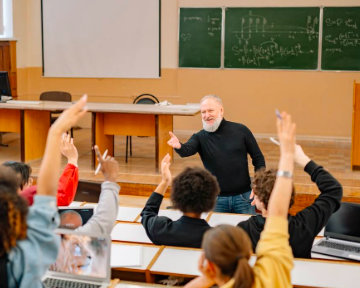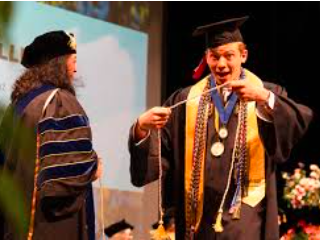A university degree curriculum is more than just a list of classes. It’s a structured journey designed to equip students with the knowledge, skills, and experiences needed for both academic growth and career readiness. Whether you’re pursuing a degree in the arts, sciences, or professional fields, understanding what’s included in a typical university curriculum can help you make informed decisions about your education.
1. Core Courses
Most university programs begin with a set of core or general education courses. These classes are designed to build a broad academic foundation and often include subjects such as:
-
English composition and literature
-
Mathematics or statistics
-
Natural sciences (like biology or chemistry)
-
Social sciences (such as psychology or sociology)
-
Humanities (including history or philosophy)
These courses encourage critical thinking and well-rounded knowledge, which are valuable across all fields of study.
2. Major-Specific Courses
After completing general education requirements, students focus on classes related to their chosen major. For example:
-
A biology major might take microbiology, genetics, and ecology.
-
A marketing major might study consumer behavior, digital strategy, and market research.
-
An education major could explore classroom management, child development, and instructional design.
These courses are more specialized and offer deeper knowledge in the student’s field of interest.
3. Electives
Electives allow students to personalize their academic experience. These are optional courses outside of the required major and core classes. Electives can be:
-
Related to personal interests (like music, art, or foreign languages)
-
Aligned with future career goals (such as business writing or public speaking)
-
A chance to explore other disciplines
This flexibility helps students shape their degree in a way that matches their passions and aspirations.
4. Capstone Projects or Senior Seminars
Many programs conclude with a capstone project or senior seminar. These are comprehensive assignments or presentations that require students to apply what they’ve learned. It’s a chance to showcase research, problem-solving, and communication skills, often while working on real-world challenges or in collaboration with peers.
5. Internships or Practical Experience
Some degree programs include internships, practicums, or lab work as part of the curriculum. These hands-on experiences offer valuable insight into the workplace and help students apply academic theories in real-life settings. Fields like nursing, engineering, and education often include this type of practical training.
Final Thoughts
A university degree curriculum is thoughtfully designed to combine academic learning with real-world application. From foundational subjects to specialized coursework and hands-on experiences, it prepares students not only for graduation but also for lifelong success. Knowing what to expect can help you approach your studies with confidence and clarity.






